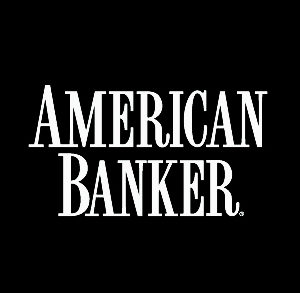At first look, the banking community should be pleased with a bill scheduled for a vote this week in the House Financial Services Committee. Several provisions aim to reduce the compliance costs of financial institutions when trying to meet the requirements of anti-money-laundering rules.
Yet first looks can be deceiving.
A previous version of the bill, a discussion draft examined by the committee in November, included virtually all of the current provisions, such as incentives for innovation, increased information sharing and feedback from the Financial Crimes Enforcement Network and streamlining of suspicious activity reporting. But one provision missing from the latest draft of the bill is a section to require Fincen to collect beneficial ownership information at the time of corporate formation and share that information with financial institutions and law enforcement. Considering Fincen’s new customer due diligence rule, which requires banks to identify beneficial owners of certain corporate bank accounts, this provision would have reduced compliance costs and potential liability should banks find themselves at odds with their regulators over AML compliance.






